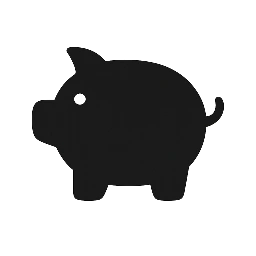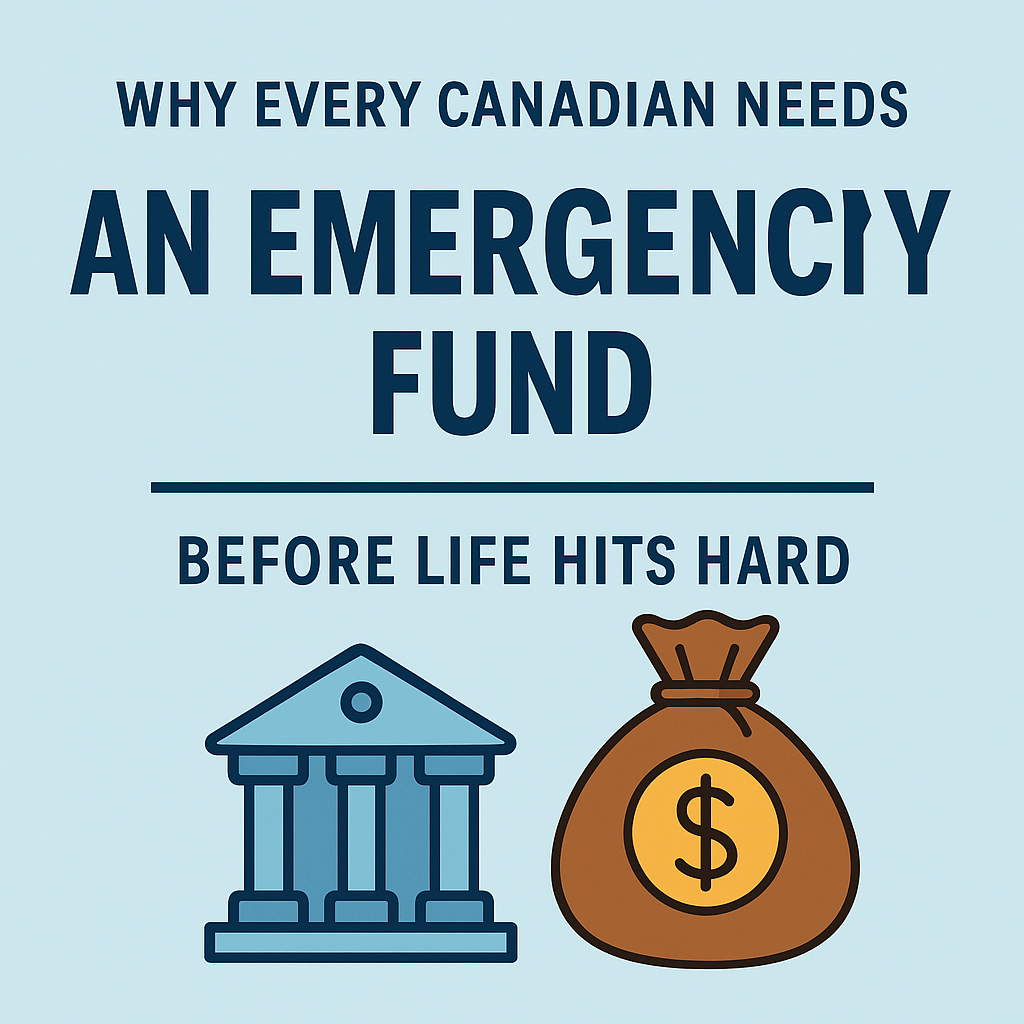When my mom passed away, I was heartbroken—and broke. The pandemic had just passed, and I had used mine to live during my time off work. I didn’t have enough saved to fly home and be with family. I had to rely on others to help get me there. It was humbling, stressful, and eye-opening. In that moment, I realized how deeply important it is that when you dip into your emergency fund, you work hard to get that money back in the bank.
Not for someday, but for when life throws something at you today. I still remember that Monday morning and the call just as I had started my work day. It didn’t help that in the previous 2 years I had lost 17 family members, aunts, uncles, cousins. Several from COVID, a few from old age, a few had cancer, and 2 committed suicide. I was a basket case, and refilling my emergency fund was not on my mind.
💡 What Is an Emergency Fund?
An emergency fund is a stash of money set aside specifically for unexpected, urgent needs:
- Job loss or income disruption
- Medical or dental emergencies
- Funeral or travel expenses
- Urgent home or car repairs
It’s not for splurges, vacations, or sales. It’s your financial safety net—the buffer between you and a crisis spiraling into chaos. I had used my original fund to fill in the gap when I was on CERB for months.
🚨 Why It’s Especially Critical for Canadians Living Paycheque to Paycheque
Nearly 1 in 4 Canadians say they couldn’t handle an unexpected $500 expense. That’s a scary stat, especially when you realize how fast life can change. Life often changes very quickly in unexpected ways.
Without an emergency fund, you’re left with:
- High-interest credit cards
- Payday loans
- Stress, shame, and fewer choices
Having even a small emergency fund can mean the difference between survival and slipping into debt.
📊 How Much Should You Save?
Here’s a simple guide to get started:
| Situation | Target Amount |
|---|---|
| Just starting out | $500–$1,000 |
| Paying down debt | 1 month of essential expenses |
| More stable | 3–6 months of expenses |
Start where you are. The key is consistency, not perfection.
💰 Where to Keep Your Emergency Fund for Peace of Mind
The best emergency fund is accessible but separate—easy to tap in a crisis, but not so easy that you dip into it for non-emergencies. Here are the top options for Canadians:
1. 🏦 High-Interest Savings Account (HISA)
Your best bet. Earn interest while keeping money safe and accessible.
Top Canadian options:
- EQ Bank Savings Plus Account (no fees, great rates)
- Tangerine (often offers promo rates)
- Simplii Financial (easy to use with other CIBC products)
- Wealthsimple Cash or Save (modern, mobile-friendly)
💡 Tip: Avoid linking this account to your debit card. Make it a little inconvenient to withdraw.
2. 💼 TFSA (Tax-Free Savings Account)
If you’re not maxed out, a TFSA is a great option. Your money grows tax-free, and you can withdraw at any time.
💬 Just make sure you use a TFSA savings account or a low-risk investment product, not volatile stocks.
3. 💳 Not Your Everyday Bank Account
Try keeping it in a separate bank from your day-to-day spending to avoid temptation. Set up automatic transfers each payday so it grows without effort.
🪙 How to Start—Even on a Tight Budget
You don’t need to save hundreds overnight. Here’s how to get moving:
- Set up auto-transfers of $10–$25 weekly, even those of us who live on less can find $10 a week.
- Use cash-back apps or round-up features (like Koho or Wealthsimple Cash)
- Throw any “found money” (rebates, tax refunds, gift cards) into your fund
- Sell unused stuff on Facebook Marketplace and stash the profits
Even $5 a week adds up. The goal is to build momentum.
🙏 What I Learned the Hard Way
When I couldn’t afford to get home after my mom passed, I felt helpless. That experience changed me. Now I treat my emergency fund like a non-negotiable. Not because I expect something bad to happen, but because I want to be ready if it does. Right now, I find myself on short-term disability as I recover from major surgery. Once again, I have dipped into my current emergency fund to tide me over.
Having that cushion is a form of self-respect and self-care.
💬 Your Turn
Have you ever had to face an emergency without the money to handle it? Or did your emergency fund save the day? Share your story in the comments—it might just encourage someone else to start theirs.


Leave a Reply